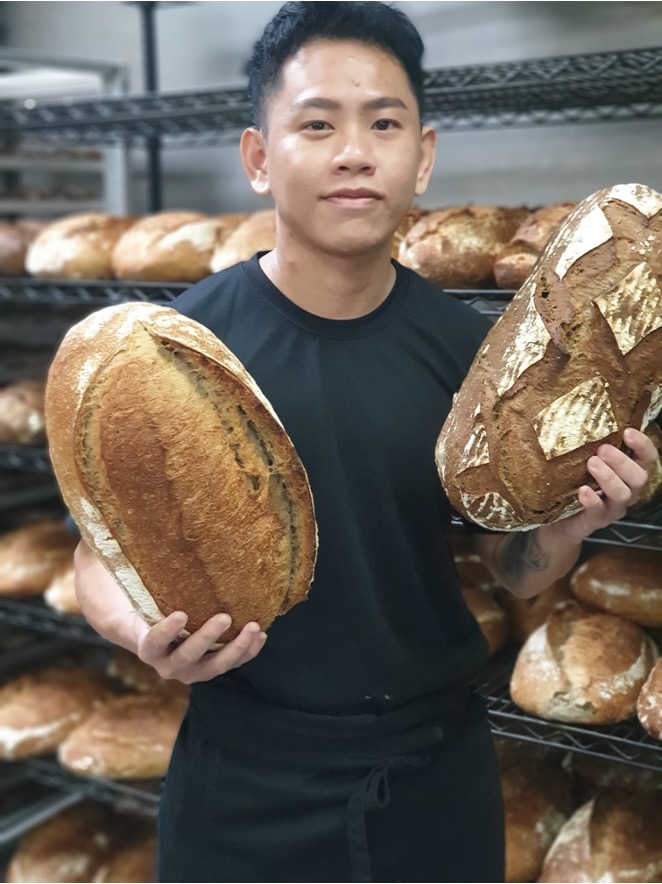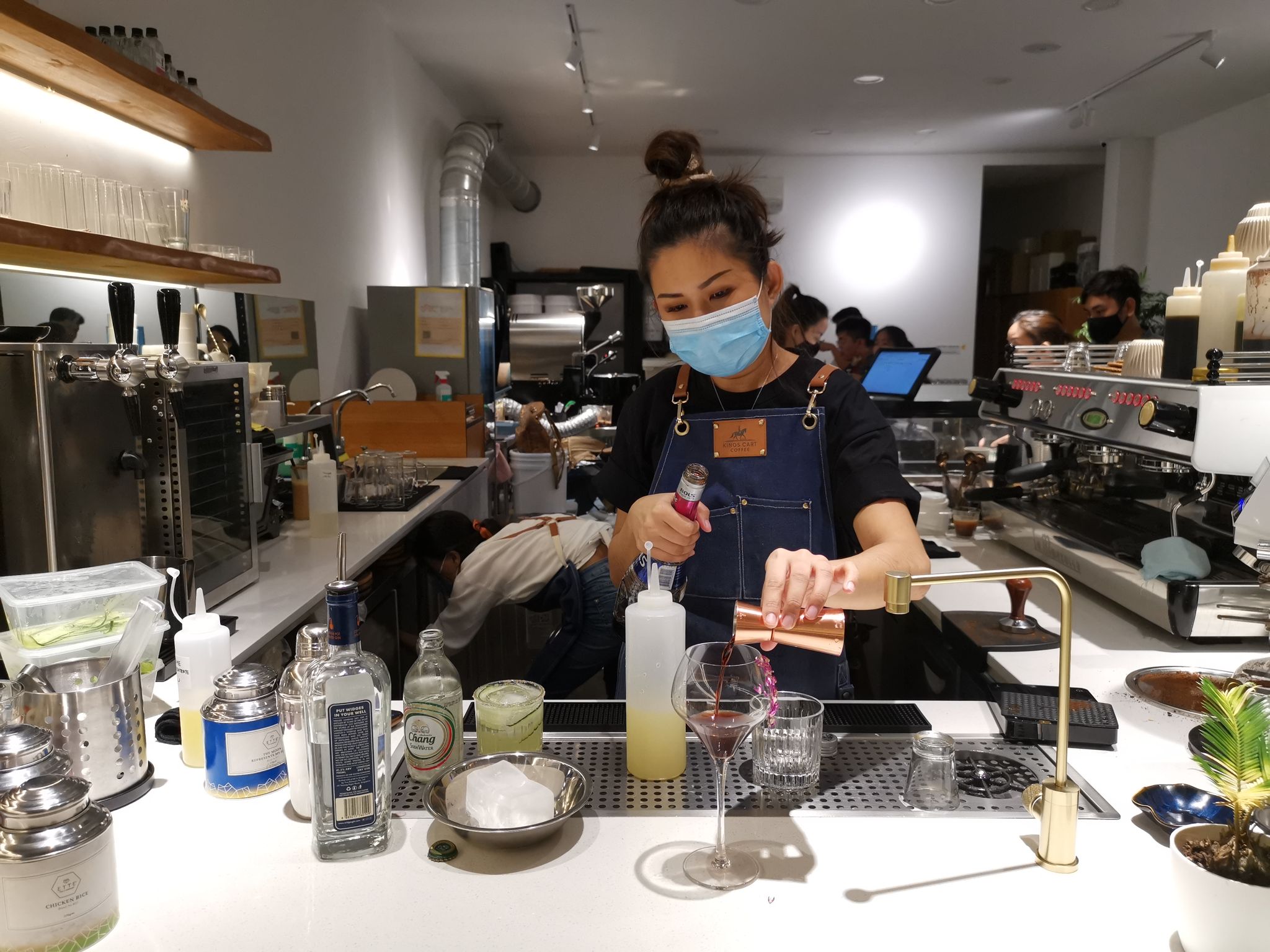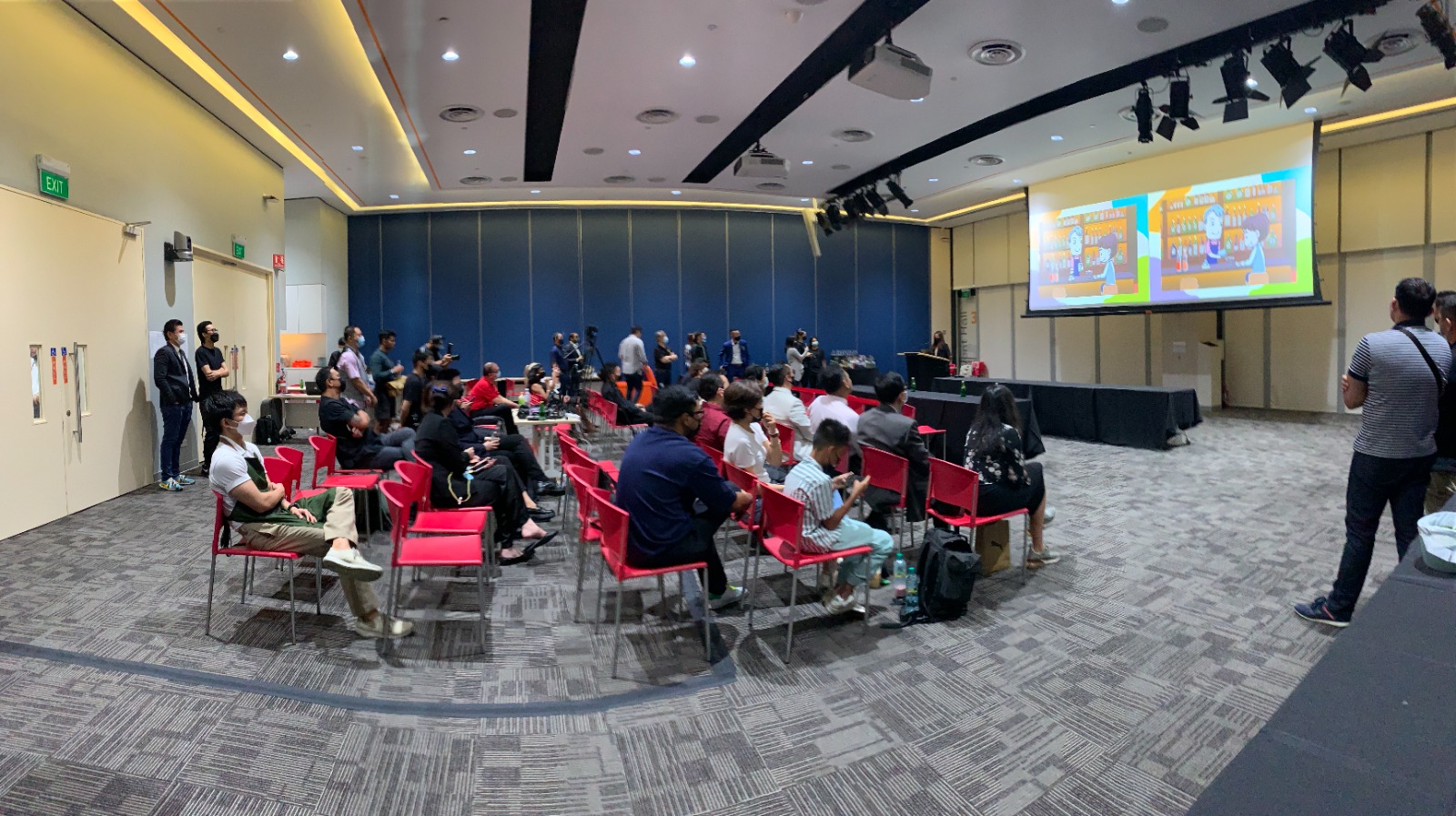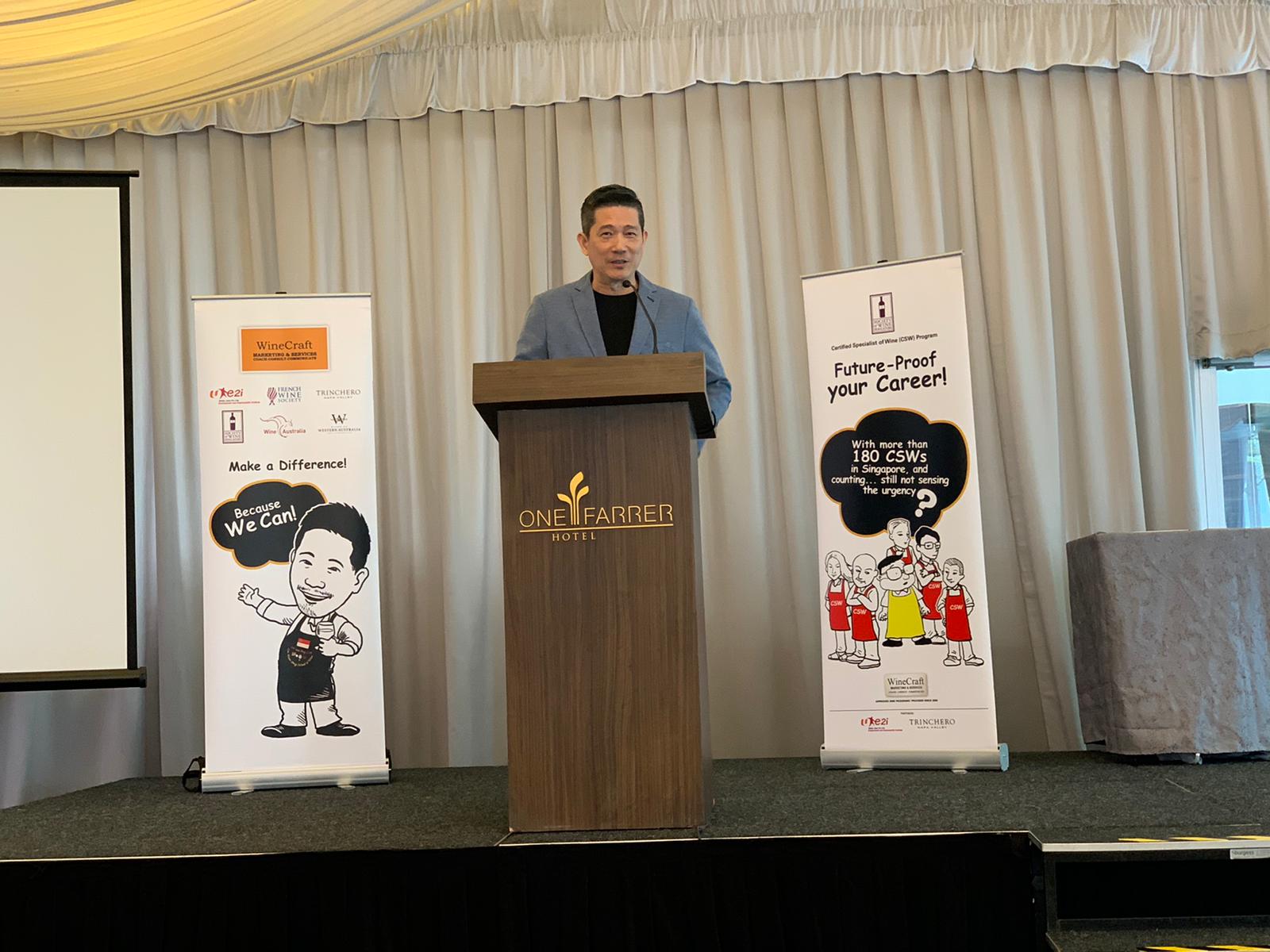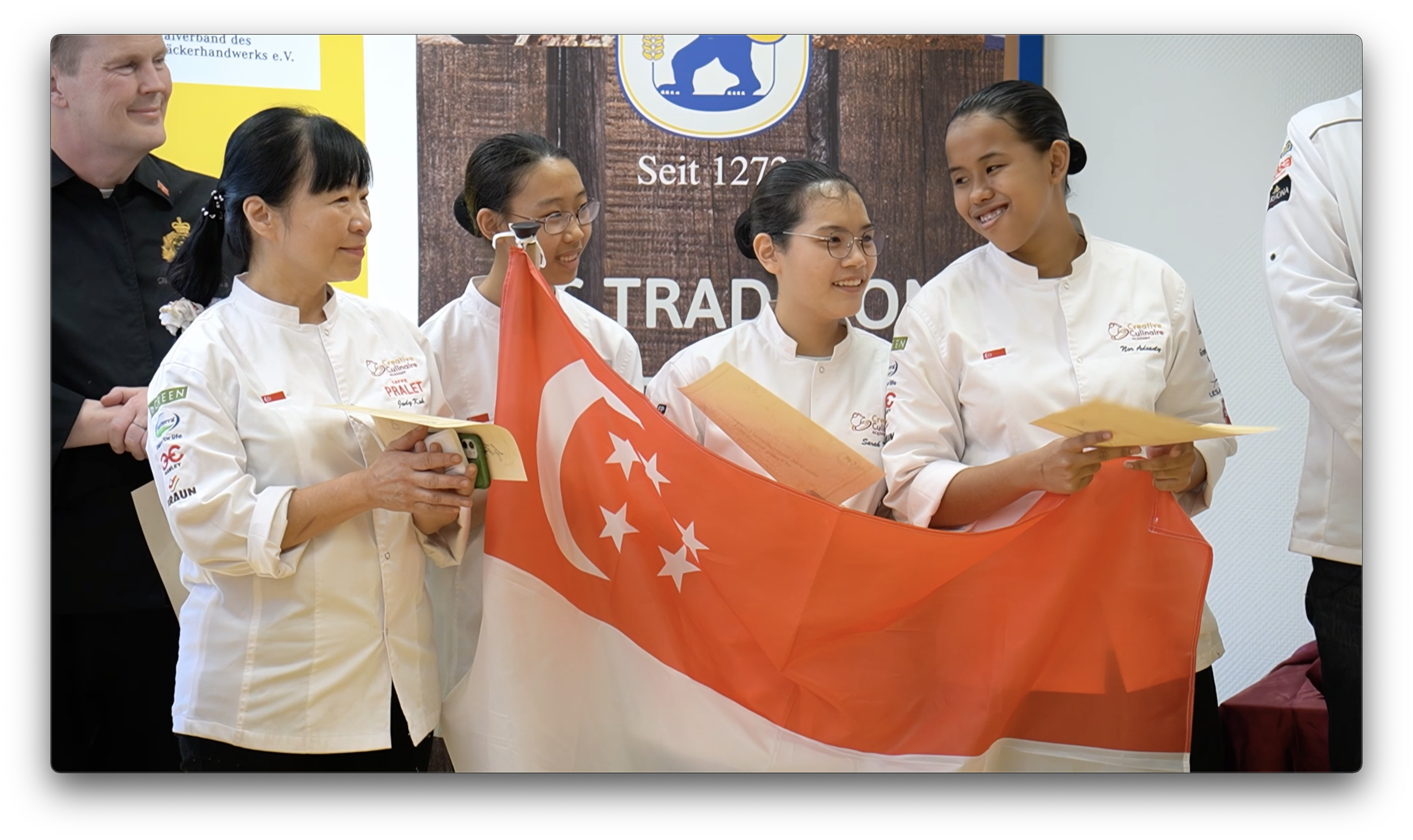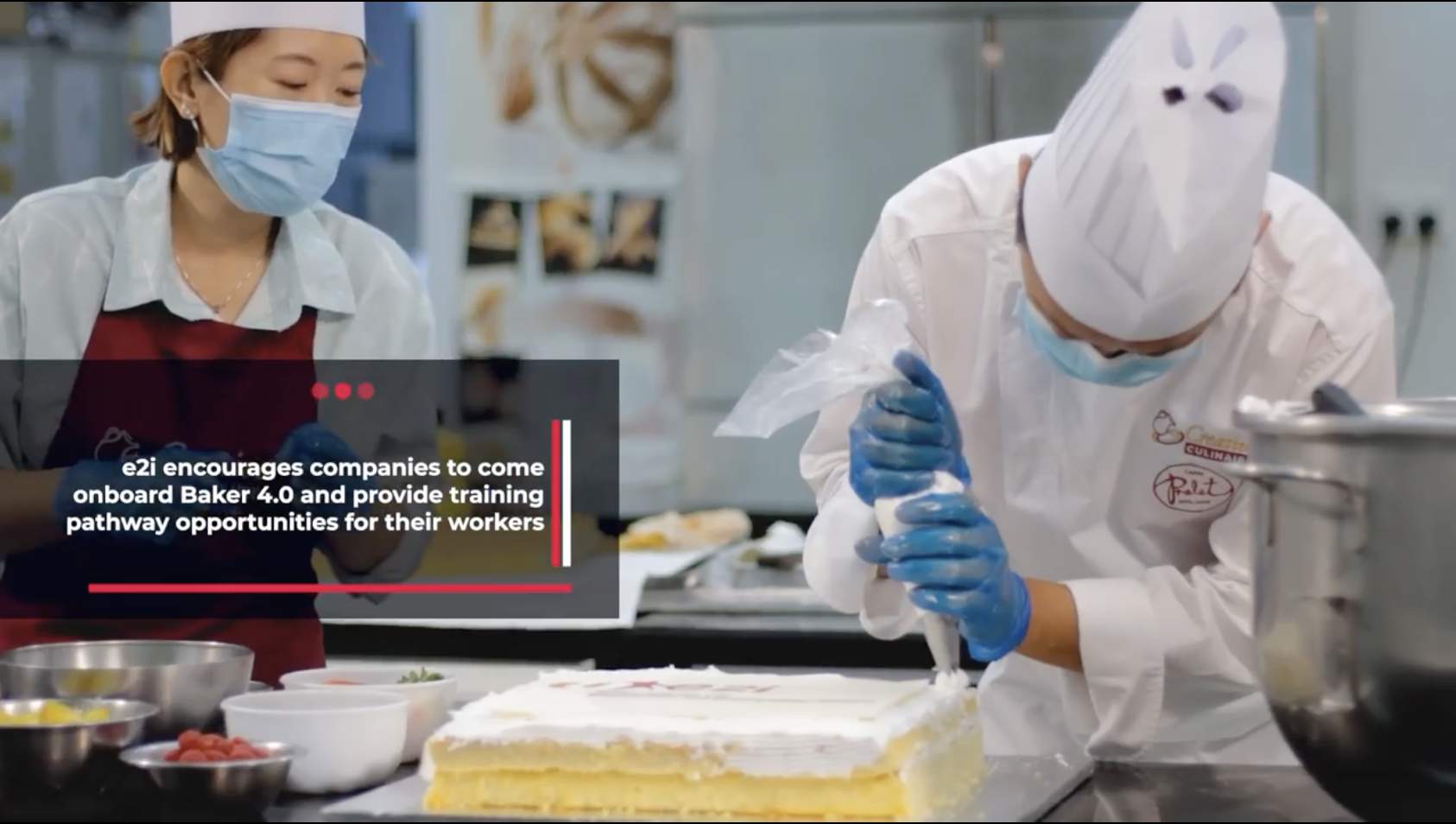Find out how technology drives advancements in the operations of Lady M Singapore
Dubbed “’the Hermès of cakes”, Lady M is a US-based patisserie with a global footprint to countries such as Taiwan, Hong Kong, China and Singapore. A pioneer of the mille crêpes, Lady M is all about top-notch ingredients with well-crafted touches, invariably contributed from its modern interpretation of French-Japanese symposium. Cake cravers can hunker down with their skilfully decorated and evolving portfolio of cakes to sweeten any occasion – weddings, baby showers, birthdays, or just to indulge. Today, specifically in the food and beverages (F&B) sector, globalisation is pushing companies towards various challenging objectives: to digitise and automate employees’ work processes, to adapt to consumer’s evolving expectations and buying behaviours.
In the context of Lady M Singapore’s operations, the company recognised the potentially huge opportunities to enhance the work processes of their workers. Supported by NTUC’s Employment and Employability Institute (e2i) WorkPro Job Redesign grant, they have invested in the Central Kitchen Management System and Store Purchase Inventory System.
Before the incorporation of such technology into the workplace, daily operations were stressful and demanding on the older workers. Lady M Singapore’s operations fleet were required to perform stocktaking, data processing and daily reporting manually.
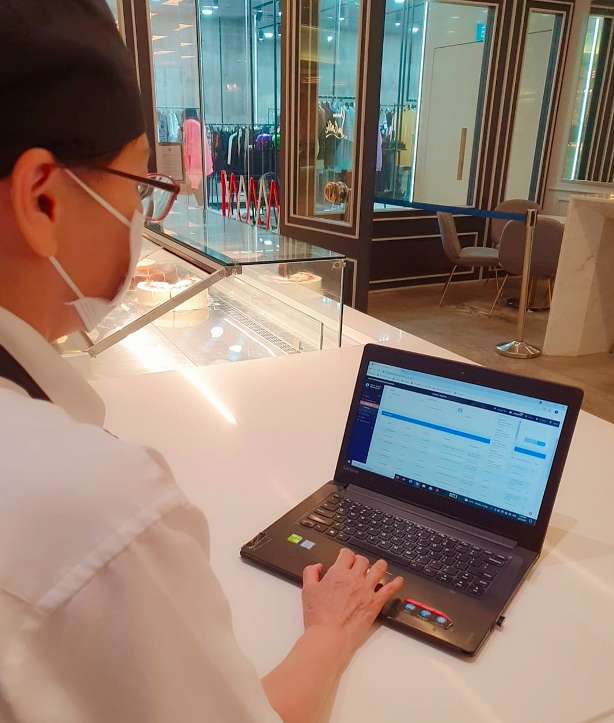
With the newly-commissioned equipment, the workers can perform different tasks simultaneously. As a matter of fact, information on the inventory can now be contrived effectively and automatically through the centralised system.
It’s designed specifically to tackle low inventory stock problems. With the systematic programming, it allows workers to forecast how much inventory is needed to order, hence eliminating the need of manual stocktaking and data processing in Excel. This in turn provides detailed data for the production manager to analyse and identify bottlenecks and potential areas where human error, such as incorrect or missing orders would be eliminated. Furthermore, the automation can help to shorten the time needed to generate a Purchase Order (PO) by 30 to 40 per cent.

